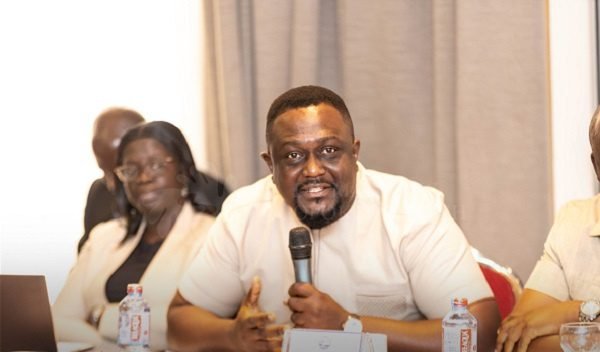The Institute for Energy Security (IES) has delivered a scathing assessment of the Electricity Company of Ghana (ECG) concerning the present power situation, pointing out what it considers “inconsistencies” and “misleading statements” regarding the ongoing erratic electricity supply.
In a statement issued by IES, signed by its Executive Director Nana Amoasi VII, they condemned ECG’s assertions on the power situation, calling it “misleading” and “disgusting”.
This comes in response to a recent announcement by the ECG, the country’s primary electricity utility, proclaiming the restoration of a “stable national power supply”. However, this declaration has been met with scepticism in light of widespread reports of power outages across the country.
The IES lamented that ECG’s public relations ‘gimmicks’ are not only unwarranted, but also detrimental to its reputation and credibility. The energy think-tank argued that ECG’s failure to accurately portray the current state of the power sector could undermine public trust and confidence in the institution.
“The IES is appalled by the extent to which the ECG is permitting the powers that be to frustrate its eligible business and to embarrass itself in the eye of the public. These public relation (PR) gimmicks by the ECG are unwarranted, disgusting and diversionary; capable of denting the reputation and credibility of the institution,” the statement captured.
“How can we have a stable national power supply when since the start of the year, the ECG barely receives from GRIDCo 85 percent of power required to fully meet the demand of its customers?”, the statement quizzed.
“Where the power sector finds itself today, the best utility to speak to issues of power supply stability and grid stability is the system operator, the Ghana Grid Company Limited (GRIDCo). Unfortunately, GRIDCo has gone mute, an attitude uncharacteristic of the entity,” the statement added.
The IES, thus, urged GRIDCo to end its silence and offer clarity on the actual amount of power available to the ECG. It emphasised the necessity of transparency to enable ECG to efficiently manage its load and prepare for potential future contingencies.
In addition to urging GRIDCo to come forward, the IES also called on the Public Utility and Regulatory Commission (PURC) to conduct a thorough audit of the entire power sector, including GRIDCo and the Volta River Authority (VRA). This move, it argues, is necessary to ensure accountability and address any underlying issues contributing to the current crisis.
The demands outlined by the IES also include a call to the government. It urged the Minister of Energy to abstain from political interference and to enable the ECG to carry out its mandate independently.
IES stressed the need for cooperation between the ECG and GRIDCo to develop a comprehensive load-shedding timetable that meets the expectations of consumers.
“The best intervention Ghanaians can expect from government at this critical moment is to cause the ECG and GRIDCo to cooperate so a load-shedding timetable can be issued as expected by Ghanaians,” the statement concluded.
Source: thebftonline.com


